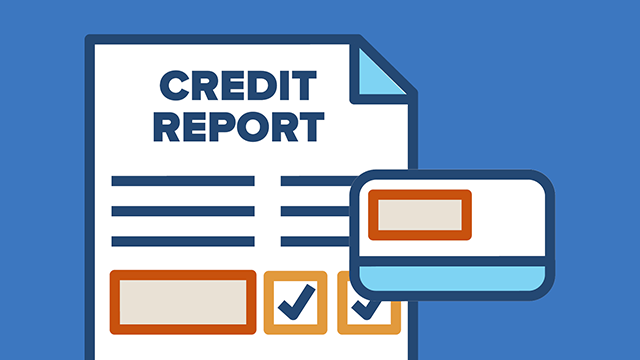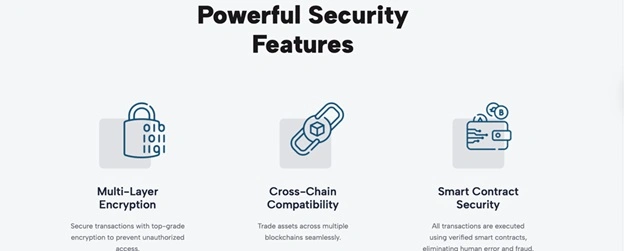Financing a purchase often gets a bad rap. People think it means debt, high interest, and financial stress. But financing isn’t always a bad thing. In fact, there are some situations where it can be a smart choice—offering benefits that paying cash just can’t match. From buying a home to covering unexpected costs with emergency travel loans, knowing when financing makes sense can save you money and open up opportunities. Let’s talk about those key moments when taking on financing might be the right move for you.
Making Big Purchases Without Draining Your Savings

One of the most obvious reasons to finance a purchase is when the price tag is just too high to pay all at once. Things like cars, homes, or major appliances often cost more than what most people have in their checking accounts. Financing allows you to spread out payments over time without wiping out your savings.
For example, buying a reliable car on a financing plan lets you keep some cash reserved for emergencies or investments. This way, you avoid draining your emergency fund on a single purchase, which keeps you financially safer.
Leveraging Low-Interest Financing Offers
Sometimes sellers or lenders offer financing deals with very low or even zero percent interest for a limited time. Taking advantage of these offers can be a smart financial move. You get to use the item now and pay it off over time without extra costs.
This kind of financing is common for electronics, furniture, or home improvements. If you know you can pay the amount before the interest kicks in, it’s like borrowing money for free—a good deal if handled responsibly.
Covering Unexpected Costs Like Emergency Travel
Life throws surprises, and sometimes those surprises come with urgent financial needs. Say you need to travel suddenly because of a family emergency or work obligation. Emergency travel loans can provide quick access to funds without derailing your finances.
Financing in these cases lets you handle urgent needs without forcing you to sell assets or miss out on important obligations. It’s a tool that helps you navigate tough situations while keeping your overall financial health intact.
Building Your Credit History
Financing purchases responsibly can actually help build your credit. Having a mix of credit types and making on-time payments shows lenders you’re reliable. This can improve your credit score and make it easier to get better rates on future loans.
If you always pay cash, you might miss out on opportunities to strengthen your credit profile. Using financing wisely—like on a car or a small loan—gives you a chance to demonstrate good credit behavior.
Taking Advantage of Inflation and Investment Growth
When interest rates on loans are low, financing can be a smart way to keep your cash invested where it can grow faster than your loan costs. For example, if you finance a home or a car at a low interest rate, you might be better off investing your cash in stocks, retirement accounts, or other growth vehicles.
This strategy requires careful planning, but it can accelerate your wealth-building. Instead of using your cash to pay upfront, your money works for you while you pay down the loan over time.
Avoiding Depleting Retirement or Savings Accounts
Some people hesitate to finance purchases because they want to avoid debt. But paying cash sometimes means dipping into retirement or long-term savings. This can hurt your future financial security.
Financing lets you keep those savings intact and growing, while you manage monthly payments. It’s a way to balance immediate needs with long-term planning.
When Financing Isn’t the Best Idea
It’s important to remember that not all financing is good financing. High-interest loans or credit card debt for everyday expenses can spiral out of control. If the interest rate is high or the payments stretch your budget too thin, financing can do more harm than good.
Always read the fine print and understand the terms before agreeing to finance. Make sure the payments fit comfortably in your budget and that you’re not borrowing more than you can repay.
How to Decide If Financing Makes Sense for You
Start by looking at your financial picture. Do you have enough emergency savings? Can you afford the monthly payments comfortably? Is the financing offer reasonable, with low interest and clear terms?
Next, think about the purpose of the purchase. Is it something essential or an investment in your future? Is it something that will save you money or increase your quality of life?
If the answers lean toward yes and you have a plan to repay, financing can be a smart move.
Planning for Responsible Financing
If you decide financing is the right choice, plan ahead. Set a budget for payments, avoid adding new debt, and make payments on time to protect your credit.
Automate payments if you can, and track your progress. Staying organized and disciplined helps you avoid surprises and pay off the loan successfully.
The Bigger Picture
Financing isn’t just about borrowing money—it’s a tool. Like any tool, its effectiveness depends on how you use it. When used thoughtfully, financing can help you achieve goals faster, protect your savings, and handle unexpected expenses without panic.
From big purchases to emergency travel loans, financing can open doors if you approach it wisely. The key is understanding your financial situation, choosing the right offers, and having a plan to pay it off.
Remember, smart financing is part of a balanced financial life—not something to fear but something to use with confidence and care.



